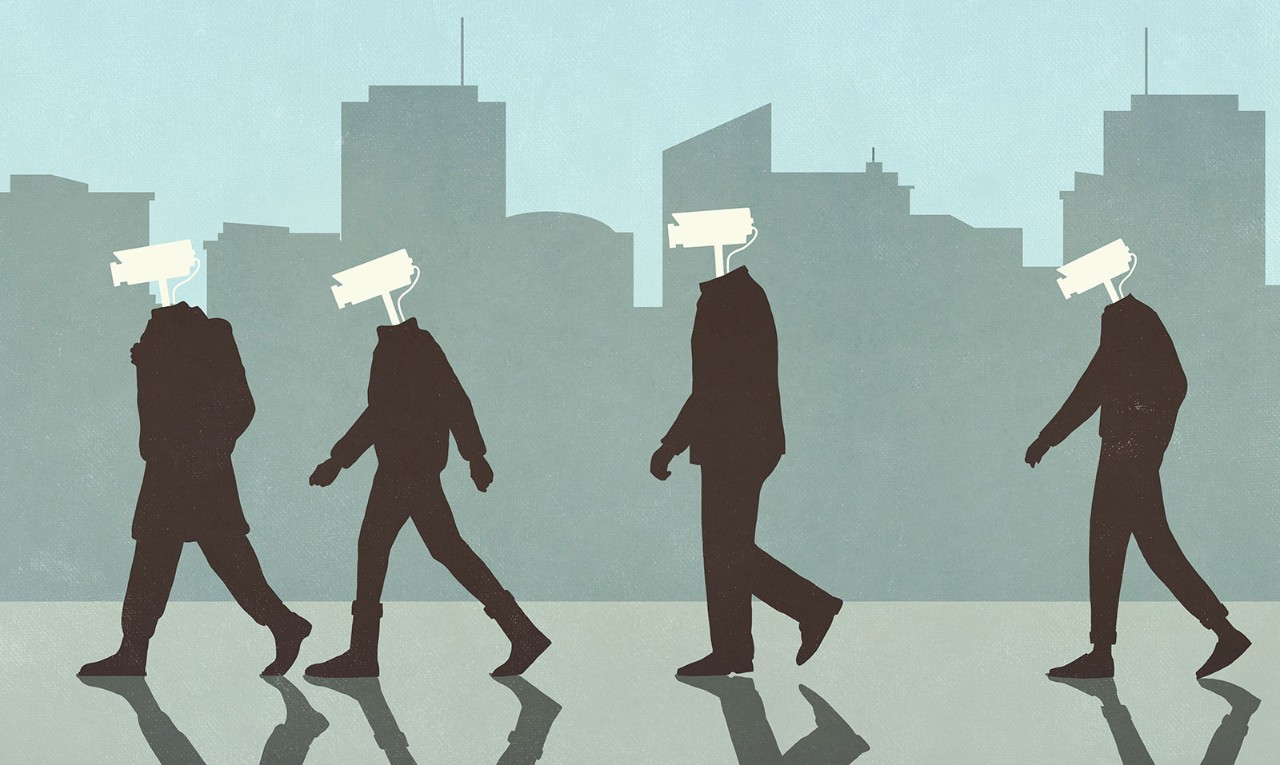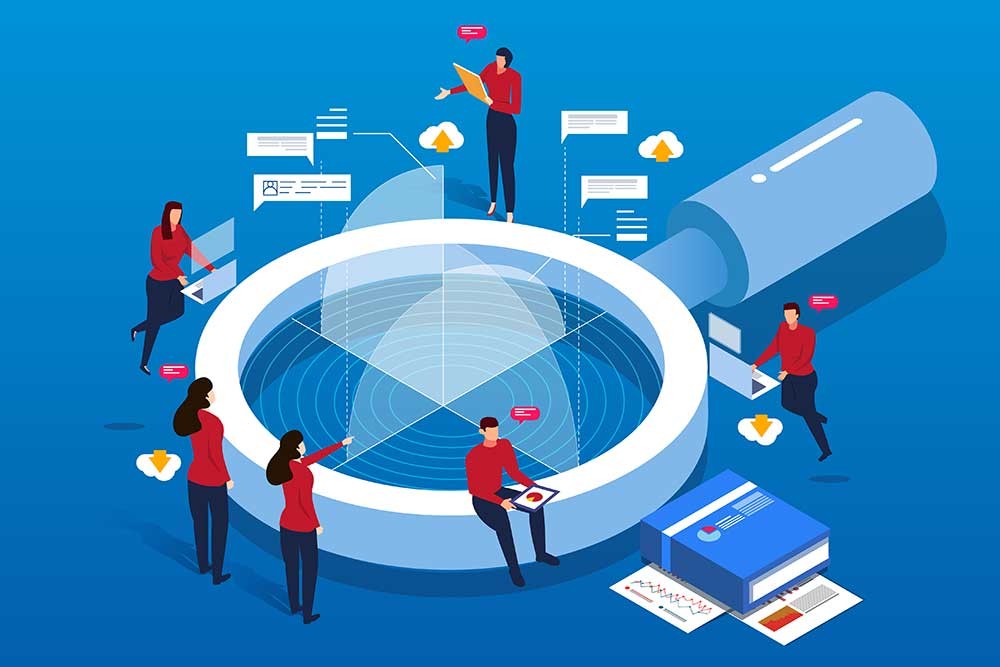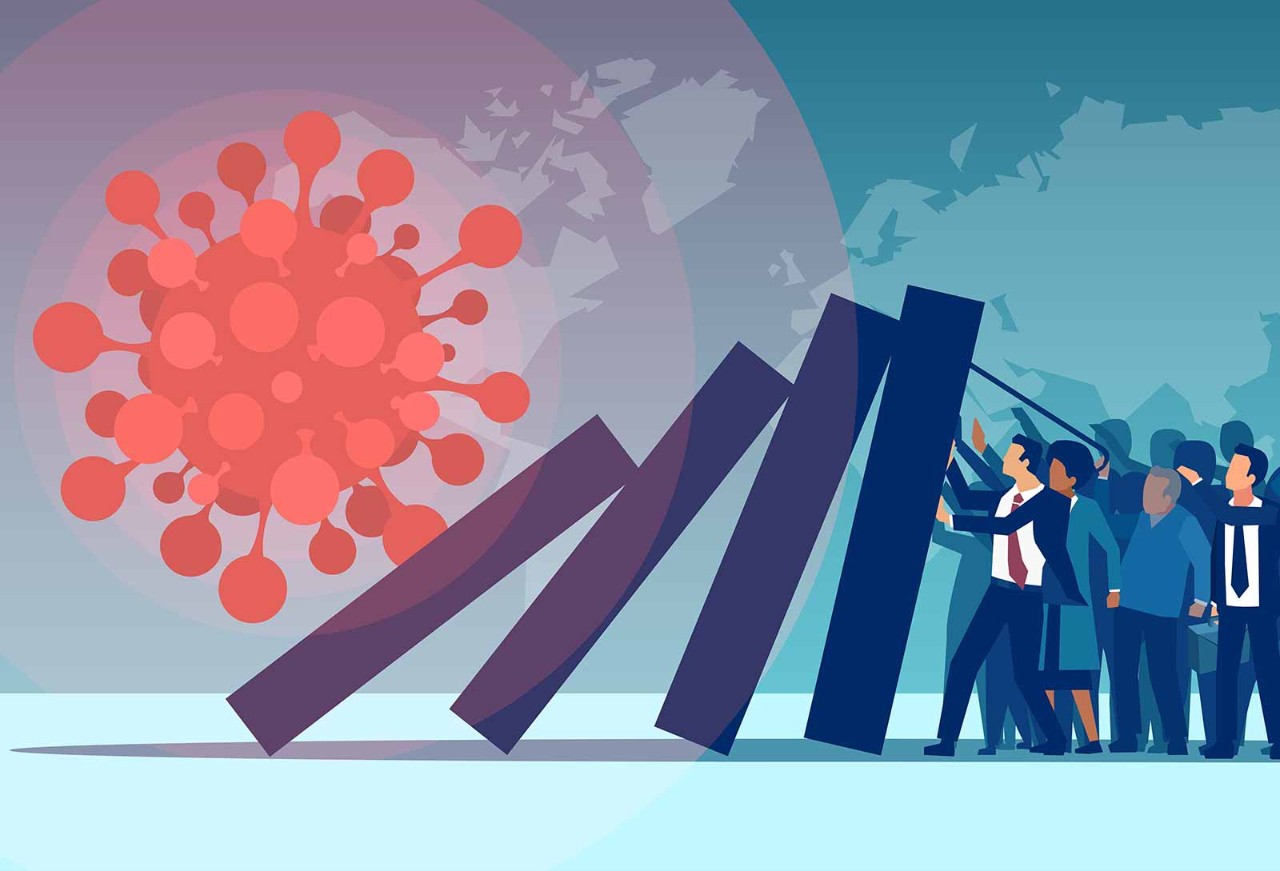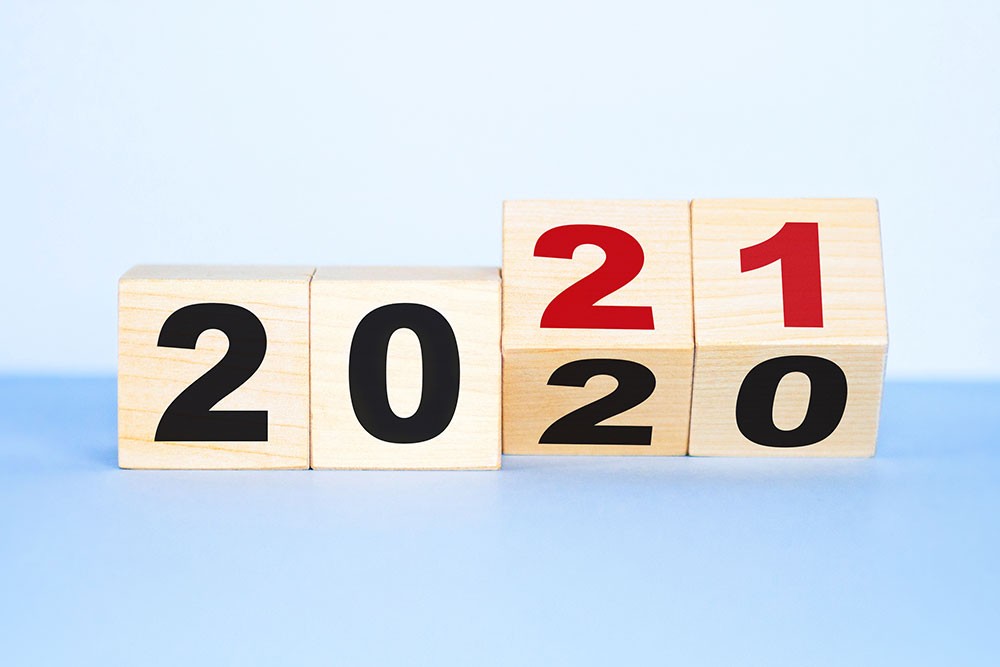
It has been a year like no other. Some have lost their jobs or changed them; some have continued to physically attend work to deliver key services at significant personal risk; and some have gone home to work. Hardly a job remains unchanged.
For many working from home, the initial sense of enjoyment has been replaced by feelings of isolation, frustration and generalised stress. Gains at the beginning of national lockdowns – no more commute, school drop-off or noisy offices – have been replaced with losses: no more water-cooler conversations, a sense of digital surveillance, a feeling of being always-on and, for many, home-schooling on top of it all.
Managers, many of them approaching the end of the performance year, face a conundrum. How do they assess employees? Do they continue using the old system or break for something new? And how do they motivate them while the future remains uncertain?
‘People feel they’re being checked up on and micromanaged’
Think of others
Fiona Rowley, managing director of Empower People, says that leaders should take stock of the obvious, but also think about the not-so-obvious. ‘Our lives are loaded with uncertainty at the moment – everyone’s environment has changed – and some people have more resilience than others.’
You can use the existing performance system, she says, but the important thing is for managers to really prepare for performance reviews. ‘Employees put a lot of time into recording their thoughts on their performance, but many managers don’t take the time to really read the resulting paperwork and reciprocate with thought through commentary to support a really useful conversation.’
Rowley says that this can appear disrespectful and that managers should ‘put themselves in their employees’ shoes and assess their contribution this year in the context of what’s going on for them’.
Professor Na Fu, an expert on strategic human resource management at Trinity College Dublin, agrees. ‘Since the 1960s performance management has really been performance measurement,’ she says.
This year, she says, organisations should provide consistent criteria and procedures for assessment, since this delivers fairness. But they should use systems that recognise that individual needs and contributions are different. This year should really be about managing people, not measuring them.
Psychological safety
Communication is key too, says Alan Lyons, a business psychologist at KinchLyons. ‘People feel they’re being checked up on and micromanaged,’ he says – a disaster for psychological safety. ‘Psychologically safe teams are resilient teams, and we need resilient teams now,’ says Lyons.
He also advises managers to involve their teams in redefining formal and informal communication ‘contracts’. ‘We all have ways of working that are specific to organisations and teams,’ he says. ‘Now is the time to figure out if they make people feel safe in their work.’
It seems as though most leaders’ work is about keeping their teams’ heads above water. But what about motivating them? Is it possible to get people fired up when everything around them seems negative?
‘It’s a global experiment,’ says Fu. ‘Initial studies are showing that levels of wellbeing are very low.’ But all is not lost and leaders have a role to play.
‘Direct leadership will help – it can even reduce things like loneliness. If you give clear instructions and you’re empathetic, you will get results,’ adds Fu. But, most importantly, ‘you have to really hear rather than listen’, and that requires vulnerability on the part of the leader.
Rowley agrees and says there are a few simple ways of doing that. ‘Perhaps share where you’ve been struggling too,’ she suggests. ‘Ask lots of questions. You will be rewarded with talent, innovation and creativity in your team.’
Hope for the future
Although it continues to be a struggle for many, working from home hasn’t been all bad. We might even like to keep some things after the pandemic is over, and we can learn from our experience.
As Fu points out, for organisations, leaders and managers, the starting point is changing the mindset from simply measuring and assessing people to one with a focus on developing people. Leaders and managers will need to investigate and design tools to improve employee experience by hearing people’s contribution rather than just listening, and by checking in rather than checking out. ‘If we have learned all of this during this pandemic, we will be confident to embrace any challenges and disruptions in the future – which will be coming for sure,’ she says.
Rowley says that so many people have had to change their business in what they do and how they do it. ‘We’ve pivoted in our businesses, so we can pivot in the way we engage our people – we’re not stuck, so use this time as an opportunity and see performance conversations as an interdependent relationship’, she says.
Lyons agrees that after all this, our resilience should teach us something. ‘We can’t change what we’re going through, but we can change at least a little bit of how we react to it. Find out what’s worked well over the past year and hold on to it. Be a dealer in hope,’ he says.




